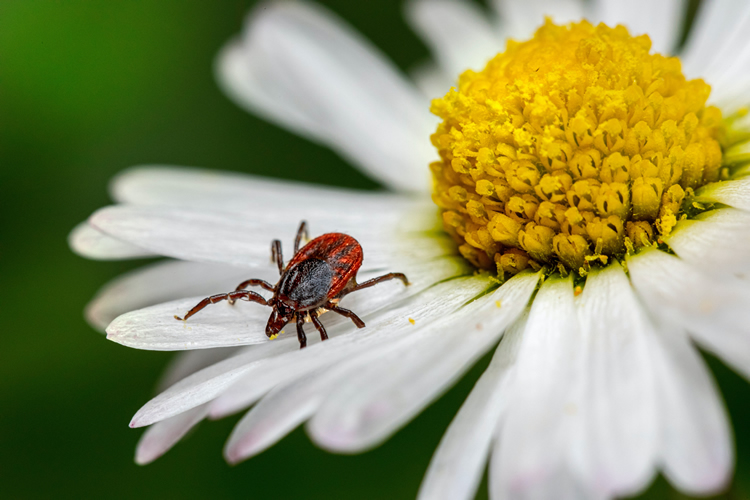Lyme disease is the most prevalent tick-borne illness in Central Mass and the United States.
However, everyone is not so familiar with what Lyme infection actually is. Lyme disease is an infection caused by bacteria carried by young deer ticks. If one bites you, you can get Lyme disease. Ticks can bite you anywhere on your body, but they usually bite in hard-to-see parts of your body such as the groin, scalp, and armpits. The ticks that cause Lyme disease are tiny, as small as a speck of dirt. So you may not even know you have been bitten.

If left untreated, Lyme infection can cause serious health problems affecting your joints, heart, and nervous system. But if diagnosed early, most cases of Lyme disease can be cured after a few weeks of treatment with antibiotics.
What Signs Do I Need To Watch For To Determine If I Need A Test For Lyme Disease?
You may need a Lyme disease test if you have symptoms of infection. The first symptoms of Lyme disease usually show up between three and 30 days after the tick bite.
They may include:
- A distinctive skin rash that looks like a bull’s-eye (a red ring with a clear center)
- Fever
- Chills
- Headache
- Fatigue
- Muscle aches
You may also need a Lyme disease test if you don’t have symptoms, but are at risk for infection. You may be at a higher risk if you:
- Recently removed a tick from your body
- Walked in a heavily wooded area, where ticks live, without covering exposed skin or wearing repellent
- Have done either of the above activities and live in or have recently visited the northeast or Midwestern areas of the United States, where most Lyme disease cases occur
Lyme disease in Central Massachusetts is most treatable in its early stages, but you may still benefit from testing later on. Symptoms that can show up weeks or months after the tick bite may include:
- Severe headache
- Neck stiffness
- Severe joint pain and swelling
- Shooting pains, numbness, or tingling in the hands or feet
- Memory and sleep disorders
What Does Getting Tested For Lyme Infection Entail?
A health care professional will take a blood sample from a vein in your arm, using a small needle. After the needle is inserted, a small amount of blood will be collected into a test tube or vial. You may feel a little sting when the needle goes in or out. This usually takes less than five minutes.
If your health care provider thinks you have Lyme disease, he or she will prescribe antibiotic treatment. Most people who are treated with antibiotics in the early stage of this disease recover.
Reduce Your Chances Of Getting Lyme Disease with These Precautions
-

Dave Macchia, Central Mass tick control enthusiast Avoid walking in wooded areas with high grass.
- Walk in the center of trails.
- Wear long pants and tuck them into your boots or socks.
- Apply an insect repellent containing DEET to your skin and clothing.
- At home, enlist professional Acton tick control providers to treat the areas around your exterior perimeter where ticks are most likely to dwell.